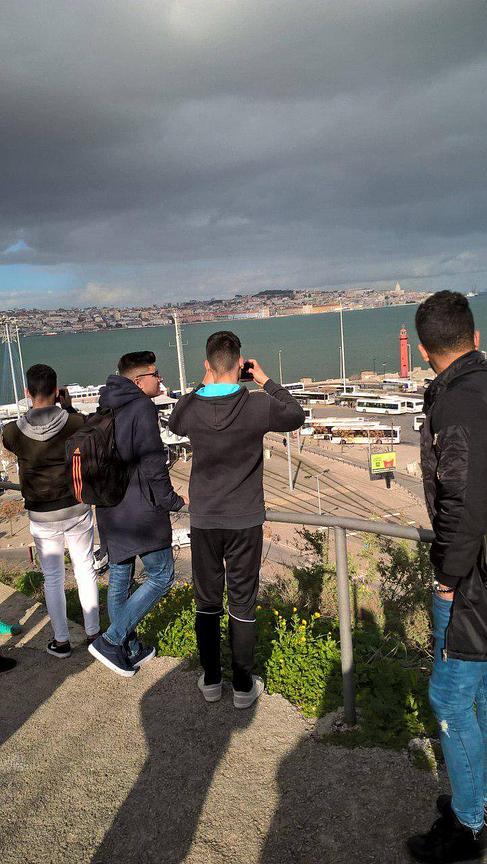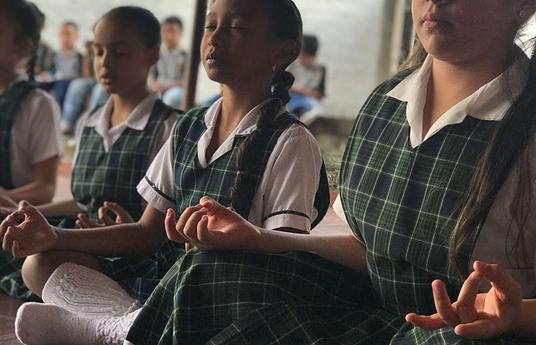Knowledge is everywhere and just a touch way, on your mobile, in your pocket. With society’s evolution, new skills and competencies are part of our everyday life and schools have to prepare youngsters for this new reality. Societies call us to develop the so-called 21st century skills and competencies: Collaboration and teamwork, Creativity and imagination, Critical thinking and Problem solving, and guess what? We are in the 21st century. Schools have to choose to take a step into this new reality or stay away and push away the necessary transition. We have to make our choice, and this work (part of the Open Schools for Open Societies project (https://www.openschools.eu/) is a reflexion of it.
Students work in groups and search for problems in Almada. Problems that have meaning for them and that they think they can make something about. After debating and voting, students present solutions, find stakeholders and promote the change with their ideias and work.
As teachers, we just break down barriers between classes and contents and now the different subjects contribute to enrich students’ works. There is no such thing as Civics, Mathematics or Portuguese Language classes. There are classes where the students can work on their projects and those are all classes: Civics, English Language, Information and Communication Technology, Mathematics, Physics and Chemistry and Portuguese Language classes.
Work with, within and for the City
Our school and classes don’t have boundaries, working on the field, talking with people, searching for solutions.
Our school and classes don’t have boundaries. The students work in the same projects in Civics, English Language, Information and Communication Technology, Mathematics, Physics and Chemistry and Portuguese Language classes. Our students work on real daylife problems in Cacilhas, finding problems, working on the field, talking with people, searching for solutions.
Overview
HundrED shortlisted this innovation
HundrED has shortlisted this innovation to one of its innovation collections. The information on this page has been checked by HundrED.
2018
-
1
About the innovation
Implementation steps
The students visit the chosen city area, identify and record problems, in loco.
In groups, the students present their findings to the class and together choose the main problem they want to solve.
Students discuss possible solutions for the chosen problem, search for stakeholders and divide tasks.
Students contact the stackeolders and prepare meetings with them (in the photo: Education Councilor of the City Hall of Almada).
Students prepare inquiries for the general public (locals and tourists) to help them choose the best solution for each problem. They talk with the population to answer the inquiries.
Students search for fundings (in the photo: students present their works in the Portuguese participatory budget public meeting).
Students develop their work by designing and building scale models, creating videos, games, etc.
Students present their work to their peers and teachers!
Spread of the innovation
Similar innovations



